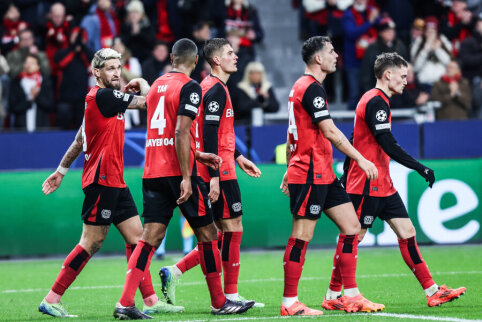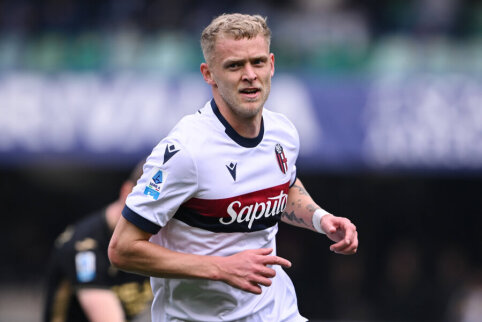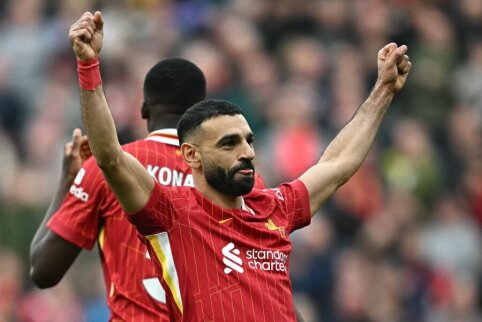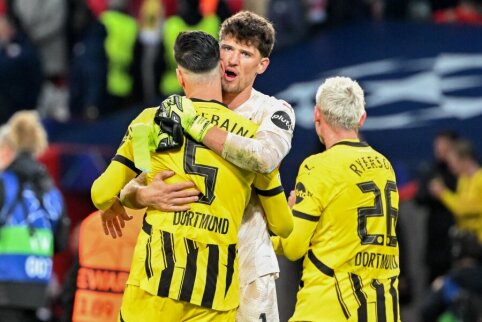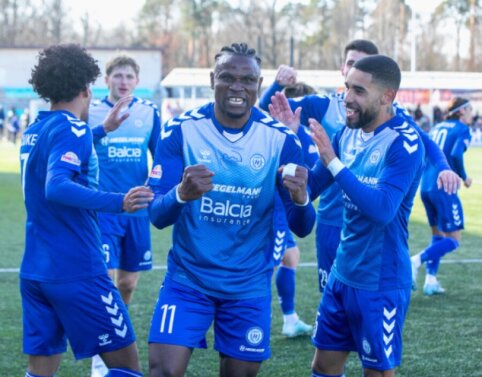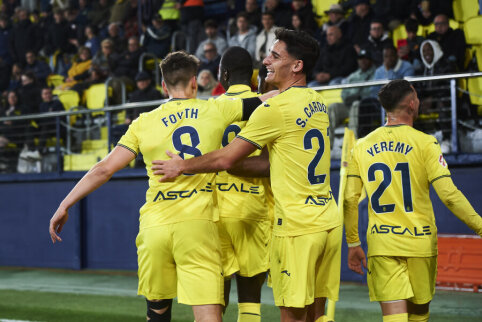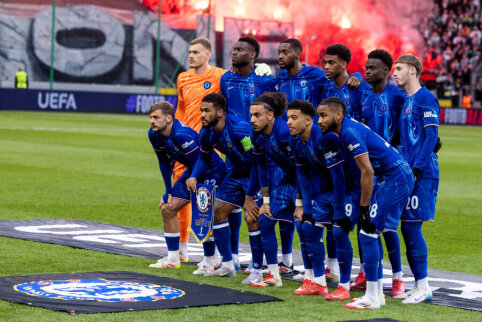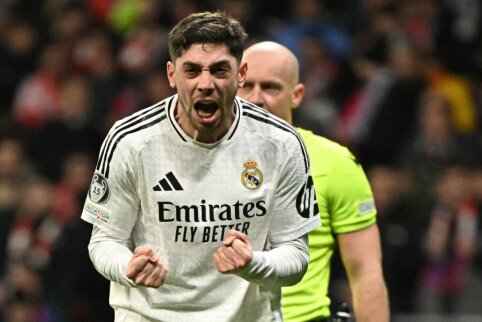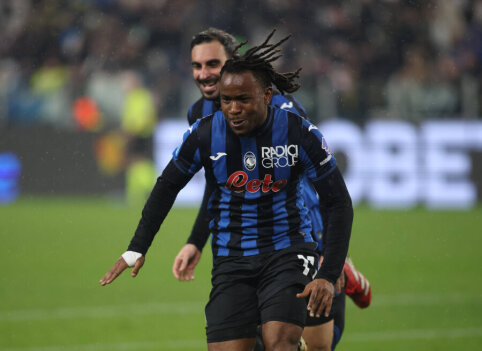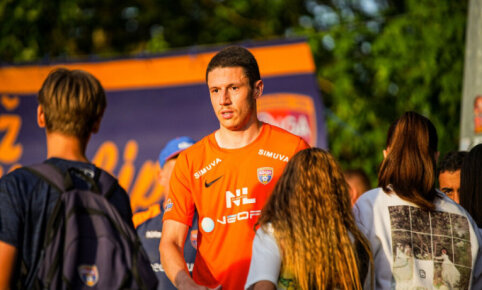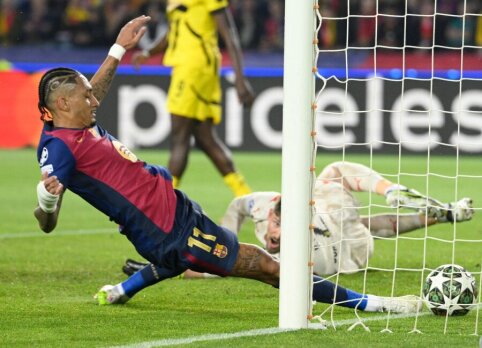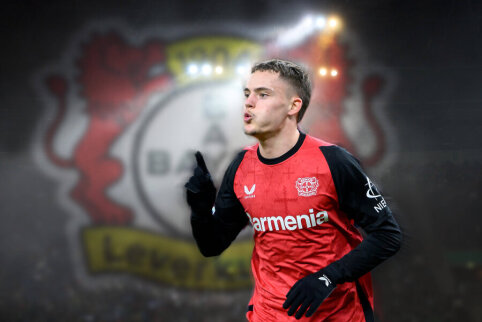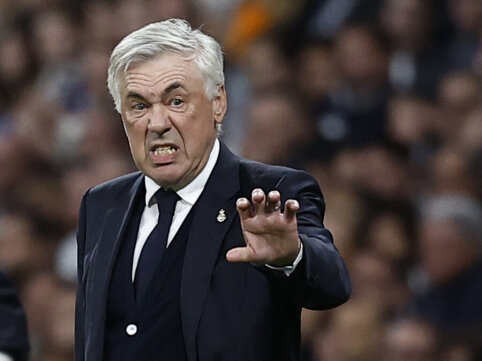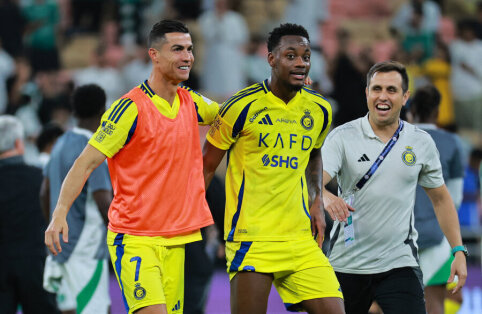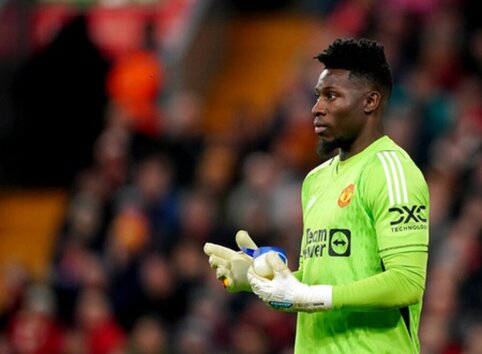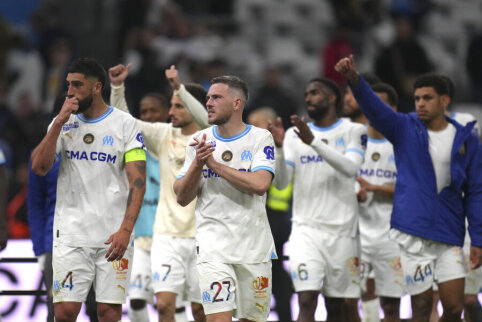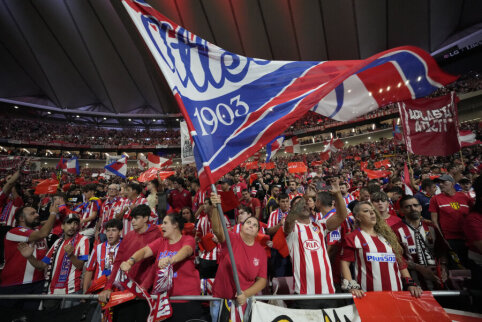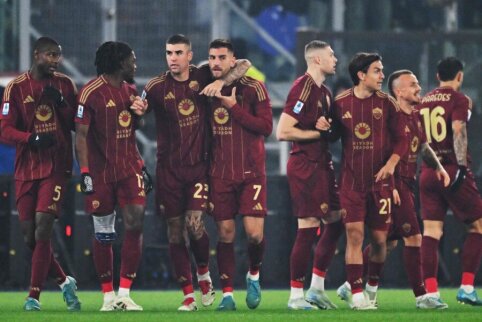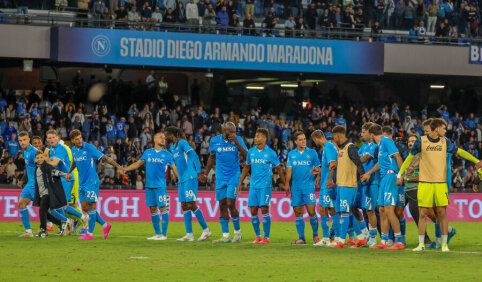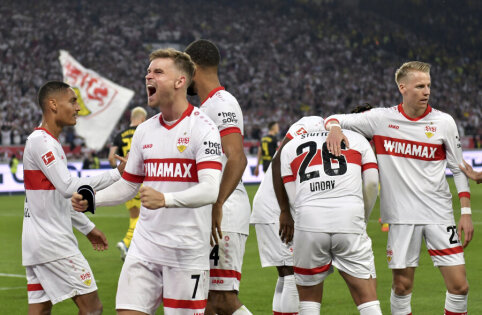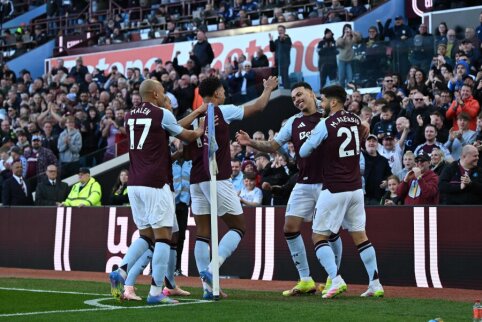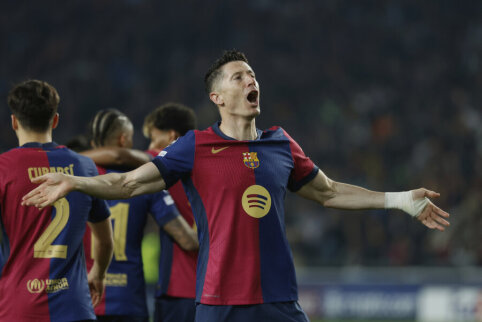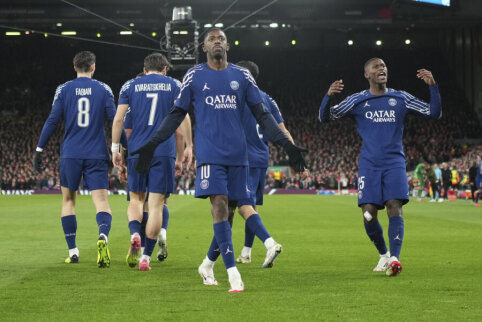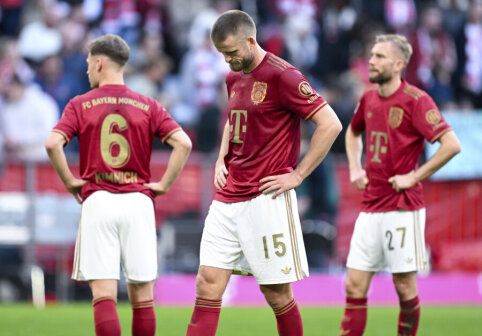 © EuroFootball.com
© EuroFootball.com
The Catalonia club does not intend to leave in peace the radio station "Cadena Cope" that caused the so-called doping scandal. Representatives of the media threw a shadow on the "Valencia" and "Real" teams. It was reported that players from these two teams use banned substances and there are "suspicious reputation" doctors working in the teams.
As a source of their information, "Cadena Cope" mentioned the Madrid "Real" in the Spain's "La Liga" championship. Both accused teams immediately spread official denials and threatened to go to court. The Madrid team also reacted, with president Florentino Perez calling Sandro Rosell and assuring that "Real" has nothing to do with the information spread.
Finally, "Cadena Copa" itself was entangled, publicly apologizing to the Barcelona and Valencia teams and announcing that they are ready to offer airtime to representatives of these teams. However, the apologies of journalists, it seems, did not calm the anger of Barcelona. The Catalonia club threatened legal sanctions and is preparing to sue the radio station.
The president of the team, Rosell, stated that the club he leads is ready to prove its innocence in court and end the defamatory attack against "Barça". "When there is a complaint with some evidence, it is quite another thing to have a despicable attack without any arguments. Perhaps we wouldn't react to rumors, but this time false information was published not only targeting coaches, players, and leaders, but also slandering the club as an institution. We will certainly not leave this matter in peace," said the president of Barcelona.
Rosell noted that the call from Real's president Perez is a nice gesture, but Barcelona would really like to know who started the doping scandal and who is truly the source of "Cadena Cope" information. To achieve this, the Catalonia club will take all legal measures.
"I understand that Jose Mourinho likes to play 'psychological games', likes to complain about the work of referees and the behavior of opponents, but it should not be forgotten that defamatory information damages the image of the team. All of this affects the mood of the players and club personnel and negatively influences their work. Well, we will try to put an end to it. This should not happen again," explained Rosell.
By the way, after the radio station "Cadena Cope" published information about "suspicious cocktails" allegedly consumed by Barcelona players, UEFA Anti-Doping agency controllers visited the Catalonia team's training base and took urine samples from ten players.
Barcelona has already won a lawsuit against a media outlet that attempted to accuse the club of doping. In 2008, the court issued a favorable decision to the Catalonia team in the case against the French newspaper "Le Monde".
In January 2008, the court decided to fine the newspaper and its journalist Stephane Mandard 300,000 euros for spreading defamatory information about Barcelona. In addition, "Le Monde" was obliged to print the court's decision in its newspaper pages and on its website and had to deny the inaccurate information with the highest circulation in two major newspapers in Catalonia at their own expense.
